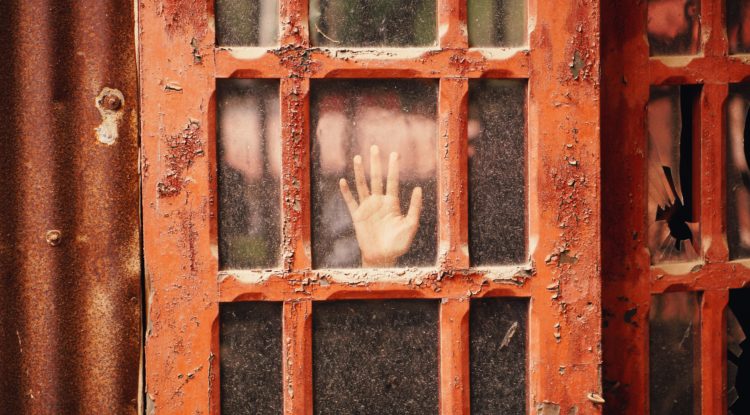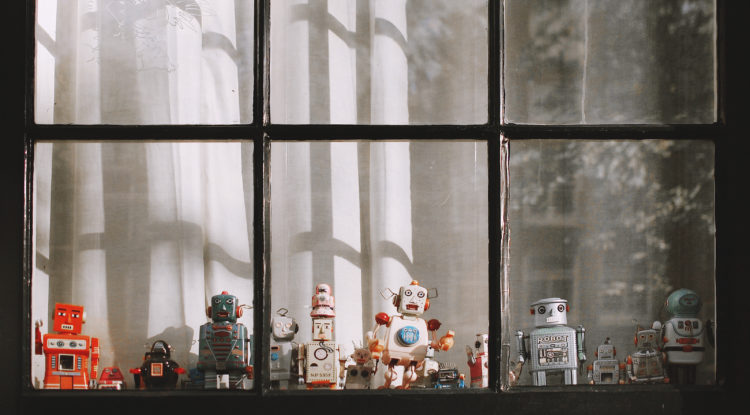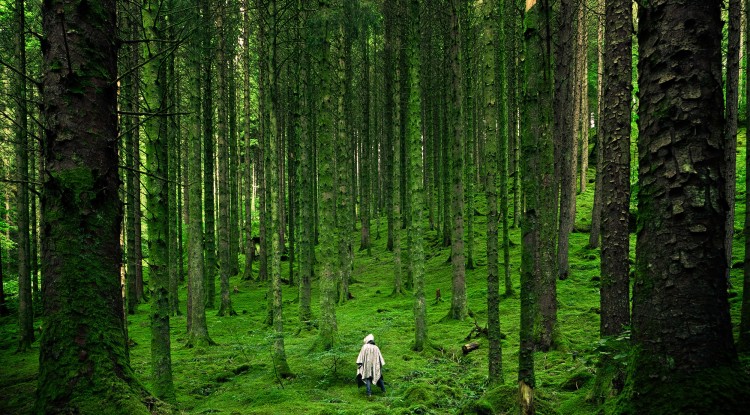
The Bland Hellworld of Circumscribed Authenticity
This recent article in the Verge describes a trend in design towards something called “Airspace” in cafes, web design, and Air Bnb-Style micro-accommodation. Essentially, the idea is that a certain group’s desire for authentic experiences has inadvertently driven designers across industries towards a homogenized sameness — achingly tasteful artisinal accents embedded within a bright zen minimalism. The consensus from designers is that this aesthetic is what consumers have shown they want with their dollars, but the article’s author points out that this trend at its core “limits experiences of difference in the service of comforting a particular demographic.”
I remember a few years ago hearing about Microsoft’s vision for smart homes — places that would observe and learn your preferences for things like food, lighting and temperature and then gradually adopt routines to maximize your comfort at every single moment. This was a vision for artificial intelligence and big data in the service of humanity. At the time, I recoiled at the idea because of the possibility that the feedback loop between preference and its accommodation could become so tight it would start railroading your daily existence — eliminating all vestiges of randomness in the quest for the perfection of comfort.
That recoiling hasn’t changed, and that’s what I see happening now with the “Airspace” trend. Here’s why it gets me cranky — people can’t always know what they’ll like in advance. There’s no algorithm for desire. They must be exposed to difference, or they’ll end up progressively alienated and miserable without any intellectual tools to help them see their way out of their situation. What traditionally happens at that point, is creative minds elsewhere intervene, pointing out the cliches of the present and in the process bursting its bubble. Trendy suddenly becomes Walmart, Starbuckses start imploding because something smart and new has superseded its generic hipness, and it all resets.
The question, though, at the heart of the historical moment in which Airspace is unfolding, is the effect of globalization on artists’ ability to “see outside.” Has globalization reached the point where otherness has been so completely isolated that artists are simply fated to become Air-Bnb decorators? Have the remaining spaces of otherness become so violent and hostile to the calm waters of global capital that all reclamation efforts will gradually be abandoned?
Where, ultimately, can randomness reside in a system that tirelessly perfects itself in the service of a calming perfection?
 Ryan Melsom has a PhD in literary studies and has spent over twenty years working in communications, marketing, web design, and writing. His recent book Spendshift: 100 Lazy Hacks to Rock Your Finances is the lazy person’s guide to better finances. For more by Ryan, follow him on Twitter @lintropy, or visit his Facebook page.
Ryan Melsom has a PhD in literary studies and has spent over twenty years working in communications, marketing, web design, and writing. His recent book Spendshift: 100 Lazy Hacks to Rock Your Finances is the lazy person’s guide to better finances. For more by Ryan, follow him on Twitter @lintropy, or visit his Facebook page.






































Leave a Reply
You must be logged in to post a comment.